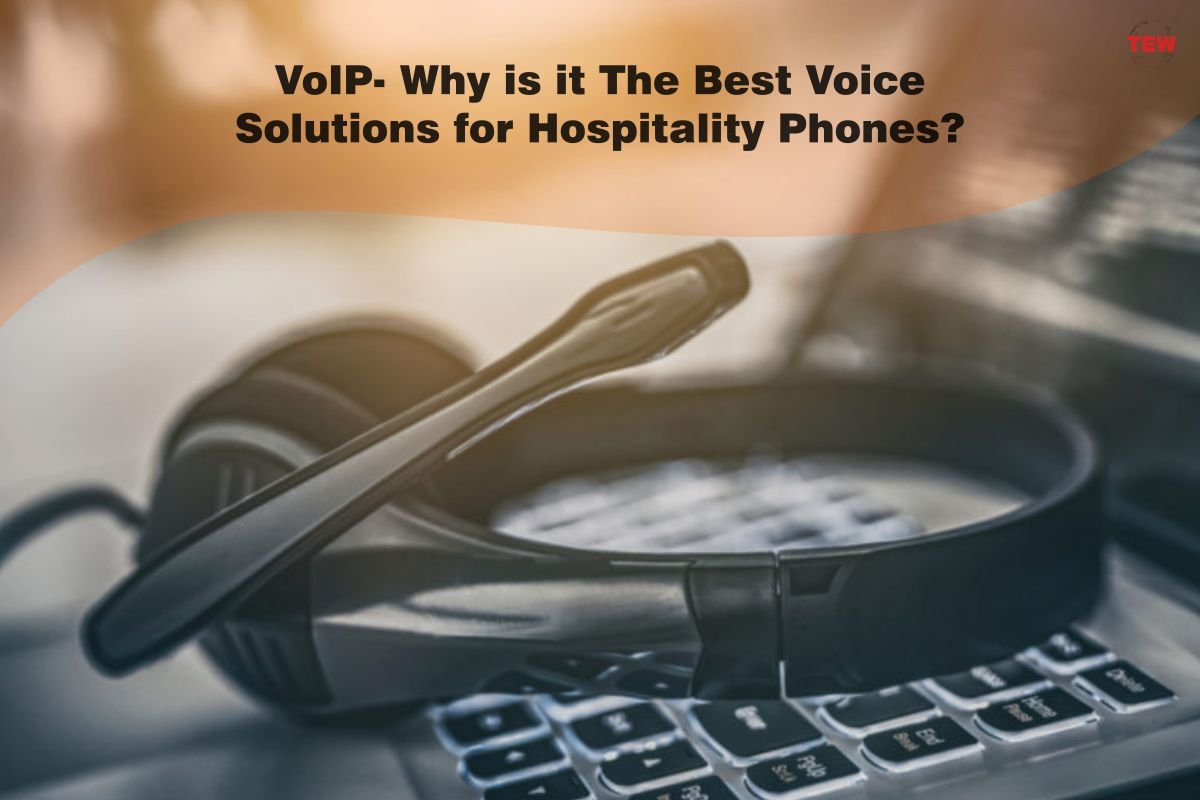Travelers today are more discerning than before, which means their demands from hotels and accommodations are evolving. These hold good, especially when it comes to telecommunications and connectivity. Guests cite 24/7 connectivity and mobile services as one of the top expectations for attaining satisfaction. It is nothing but a VoIP phone system.
A hotel phone system is one of the most effective options for reducing costs and increasing customer satisfaction. Therefore, properties need to stay competitive and current for data, phone services, and video. Platforms like chalkboard app make it easy to add team numbers to any phone.
Staff today are also mobile, which makes it feasible for guests to contact an employee. Thus, no matter where they are throughout the property, helping in improving customer service.
With modern technology, hotels are staying a step ahead. These are moving away from analog telephones to ip phone systems. Small boutique and large chains alike are all thumbs up for VoIP as it tends to save a lot of money.
Now that migrating to VoIP for your hotel seems like a lucrative option, it is wise to know some of the must-have features.
Here are the 8 best features of VoIP that you should know:
1. Auto-attendant:
Hotels rely on auto-attendant functions for handling guest inquiries, which arise in bulk. With menu branches and programmable options, the auto-attendant functions help answer quests. These also help in managing requests.
This way, you ensure that all the potential clients have their grievances addressed and help in serving existing guests much efficiently and quickly.
2. Room Extensions:
Extension calling tends to match room numbers to up to four digits in phone systems so that it’s easy to use.
Programming numbers for one-touch services to establish connections to the front desk, restaurant, housekeeping through a single number becomes pretty easy.
3. DECT Handsets:
Keeping your staff connected via Digital Enhanced Cordless Communication (DECT) phones allows them to stay accessible and mobile throughout the building at all times.
Thus, they’ll be able to provide faster and better service, irrespective of what they request.
4. Voicemail:
Guests expect hotels to provide an integrated voice messaging system. With this, they’ll be able to receive messages and calls, even when the operator is absent.
Guests may also wish to receive notifications with text messages or faxes at the front desk. Thus, staff will enhance the efficiency and leave a detailed message that they can retrieve during different times of the day.
5. Call Accounting:
Call accounting systems enable properties to resell the telecommunication systems to meeting rooms, guestrooms, event spaces, and other common areas.
With features like these, hotels will be able to track calls and bill guests. They will also be able to generate real-time reports on how the guests access phone systems. The property management systems thus can print a detail for assisting check-out ease.
6. Unified Messaging:
Think of VoIP as a universal mailbox. Emails and voicemails can interact with unified messaging so that guests retrieve voicemails through inboxes and vice-versa.
And, that’s the reason it is becoming desirable with VoIP solutions.
7. Music on Hold:
Research shows that music on hold enables callers to be in the right frame of mind. This opportunity is perfect for hotels to play promotional messages for the guest callers to highlight special features.
8. Audio and Video Conferencing:
While this feature was a demand of only business travellers, know that audio and video conferencing have become desirable for leisure travellers also. It is because they don’t want to lose connection with their friends and family.
The Bottom Line
Some other features that the hospitality sector looks for in a voice over phone system are unified messaging, and direct inward dial.
Know that customer service and price, too, plays a pivotal role in selecting a VoIP system. Therefore, it is vital to research well and choose wisely!





